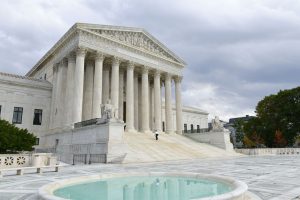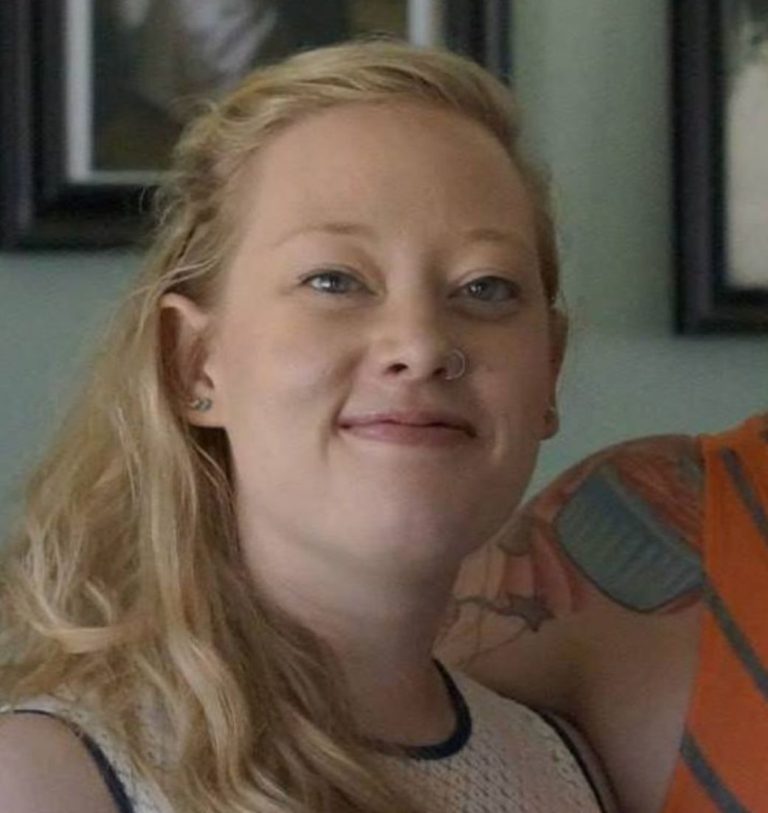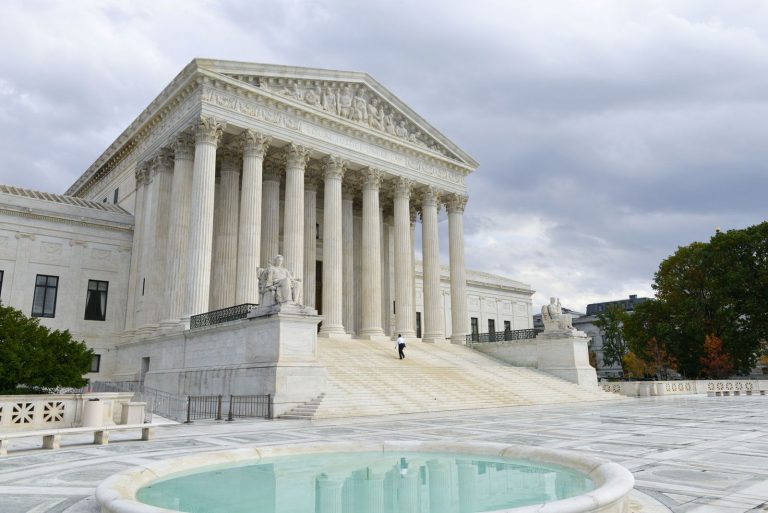NOTE: VIDEO AT THE END OF THE ARTICLE.
Rep. Alexandria Ocasio-Cortez (D-NY) has sparked a wave of controversy and legal debate after referring to President Donald Trump as a “rapist” in a recent social media post. The explosive accusation, made on X (formerly Twitter), has triggered backlash from critics and legal analysts alike, some of whom say the congresswoman may have exposed herself to a potential defamation lawsuit.
The remark was posted last Friday, in response to developments surrounding the sealed Jeffrey Epstein files. Ocasio-Cortez wrote, “Wow who would have thought that electing a rapist would have complicated the release of the Epstein Files.” The statement instantly went viral, prompting outrage from Trump supporters, legal professionals, and others who argued the language was not only inflammatory but potentially legally actionable.
Many were quick to point out that while Trump has faced multiple accusations of sexual misconduct over the years, he has never been convicted of rape or any other related criminal charge. “This is libel and an easily winnable case,” one user commented on X. Another warned, “You’re a sitting member of Congress with a massive platform. This is reckless and defamatory.” Numerous users cited past defamation suits brought against public figures, suggesting Ocasio-Cortez’s comment could set a dangerous precedent if left unchallenged.
Legal experts chimed in, explaining that public figures are not immune to defamation claims. Under U.S. law, even public officials can be held liable if it is proven they knowingly made false statements or acted with “actual malice”—a key standard established in the landmark New York Times Co. v. Sullivan Supreme Court case. According to defamation attorneys, while the bar is high, it is not unreachable, especially in cases involving repeated and unsubstantiated claims of criminal behavior.
President Trump, who won reelection in 2024 and resumed office in January 2025, has long denied all allegations of sexual assault or misconduct. Although he has faced civil legal battles over such accusations, no court has found him criminally guilty of rape. One of the most publicized cases involved writer E. Jean Carroll, who accused Trump of raping her in the 1990s. In a 2023 civil trial, a New York jury found Trump liable for sexual abuse and defamation but did not find him liable for rape under New York state law. The result was a civil judgment, not a criminal conviction.
Despite this legal context, Friday’s statement was not the first time Ocasio-Cortez has labeled Trump a rapist. In January 2025, just days before the president’s second inauguration, she appeared in a TikTok video stating she would not attend the event. “I don’t celebrate rapists,” she declared. In the video, she mocked reporters’ questions, saying, “Let me make myself clear. I don’t celebrate rapists. So no, I’m not going to the inauguration tomorrow.”
These repeated statements have reignited debates over the limits of free speech—especially when it comes from elected officials. Supporters of the congresswoman argue she is speaking her truth and using her platform to raise awareness about serious allegations. However, critics and some legal scholars counter that with influence comes responsibility, and unproven accusations of this nature can irreparably damage reputations.
As of now, neither Trump nor his legal representatives have indicated whether they plan to pursue legal action against Ocasio-Cortez. Still, the exchange has drawn significant media attention, with some suggesting that a lawsuit could be on the horizon. Given the high public profiles of both figures and the politically charged climate, it’s likely that this controversy will continue to unfold in the coming weeks.
PLAY:

Sarah Mitchell is a bestselling novelist recognized for her insightful and emotionally resonant stories that explore the complexities of human relationships. Originally from Denver, Colorado, Sarah grew up in a family of teachers who nurtured her curiosity and love for storytelling. She studied psychology at Stanford University, where she became fascinated by the intricacies of human behavior—an interest that would later shape her writing career. Sarah’s novels are praised for their nuanced characters, intricate plots, and ability to capture the subtle tensions that define love, friendship, and family ties. Her breakthrough novel, The Spaces Between Us, became an instant bestseller, lauded for its honest portrayal of strained family relationships and the fragile bonds that hold people together. Since then, she has published several works that continue to captivate audiences around the world. Outside of her writing career, Sarah is passionate about mental health advocacy and often partners with organizations to promote awareness and support for those struggling with emotional well-being. Her personal life is quieter—she enjoys hiking in the Colorado mountains, practicing yoga, and spending time with close friends. With each new book, Sarah Mitchell cements her reputation as a writer who illuminates the beauty and struggles of human connection.








